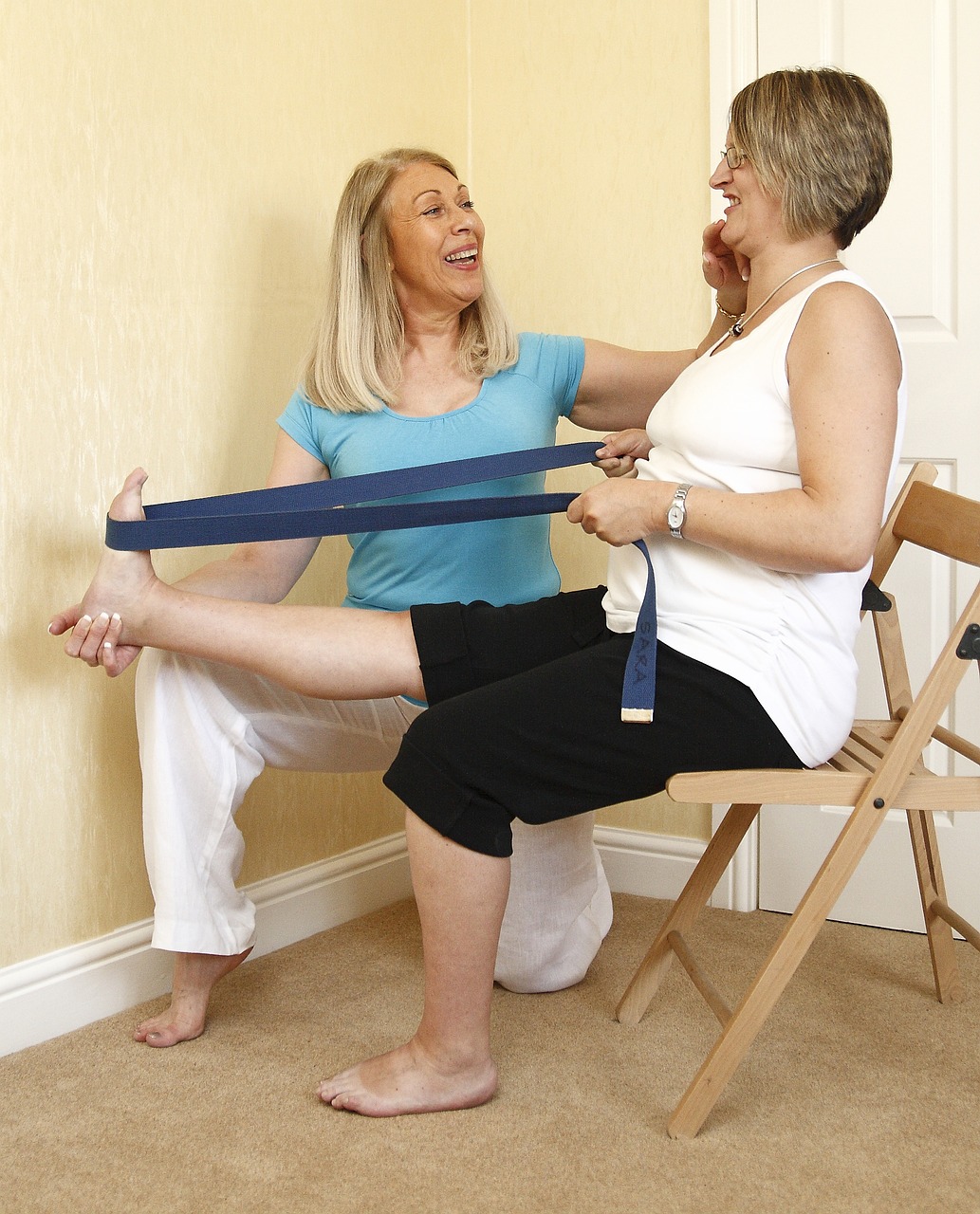Pregnancy is a magical moment in a mother’s life filled with immense joy, excitement, and anticipation. As you wait for your newborn baby to arrive, the wait, unfortunately, comes with a unique set of physical challenges. As your body transforms to accommodate the growth of a new life, you may come to experience discomforts like swelling, fatigue, and perhaps the most common complaint, back pain. To help make your journey into motherhood as smooth as possible, below you’ll find five effective methods to help relieve any back pain or discomfort that may come your way.
1. Prenatal Yoga and Stretching
To help relieve any back pain, incorporating prenatal yoga and stretching into your daily routine can be an absolute game-changer. These practices will enhance flexibility, strengthen your core muscles, and increase your overall body strength which will all aid in reducing the strain on your back. Gentle yoga poses like the cat-cow, seated side bend, and pigeon pose can be particularly beneficial during this sensitive time. Be sure to participate in guided sessions with a certified prenatal yoga instructor to ensure that you’re performing these exercises safely and effectively. While yoga and stretching will do wonders for your body, it’s also a great way to manage your stress during this important time.
 Image by SaraJobling from Pixabay
Image by SaraJobling from Pixabay
2. Regular Physical Activity
Staying active during pregnancy, within your doctor’s suggested guidelines, is extremely vital when it comes to minimizing back pain. Regular physical activity like walking or swimming helps maintain a healthy weight, reducing the load on your back. Low-impact exercises like swimming are particularly beneficial as the buoyancy of the water reduces stress on your joints and muscles. Prenatal exercises also help improve your posture, alleviating any back pain that may be caused by poor posture. Just remember it’s important you consult with your healthcare provider before starting any new exercise regimen during pregnancy.
 Image by HeungSoon from Pixabay
Image by HeungSoon from Pixabay
3. Proper Posture and Ergonomics
Maintaining proper posture can make a world of difference when it comes to reducing back pain. Try to be mindful of your posture when standing, sitting, or even sleeping. When sitting down, use a chair with good back support or consider getting a pregnancy pillow. Avoid crossing your legs and try to keep your feet flat on the floor. As for standing, keep your back straight and shoulders relaxed. Lastly, while sleeping might be more difficult, use a full-body maternity pillow to support the belly and your back as this will help promote a more comfortable sleep position.
4. Prenatal Massage
If nothing seems to be working for your aching back, opt to get a prenatal massage done by a certified therapist. This therapeutic massage is specifically designed for pregnant women - it uses gentle techniques to alleviate discomfort and promote relaxation. A good prenatal massage can help reduce muscle tension, improve circulation, and stimulate the lymphatic system, helping to reduce swelling and inflammation that often accompany pregnancy. Always first consult your healthcare provider before scheduling a prenatal massage.
5. Heat and Cold Therapy
Last but not least, you can always trust the effective heat and cold therapy to provide temporary relief from pregnancy back pain. A warm (not too hot) bath can help soothe and relax any stiff, achy muscles. Alternatively, you can also apply a warm compress to a sore area for 15-20 minutes which will have similar effects. For acute pain or inflammation, consider using a cold compress which can numb the area and reduce overall swelling. Keep in mind you should always wrap the cold or warm compress in a cloth to protect your skin.
 Image by Engin Akyurt from Pixabay
Image by Engin Akyurt from Pixabay
Pregnancy is an incredible journey that mothers go through before finally welcoming the newest member of the family. While you may be faced with plenty of discomforts, just remember it doesn’t have to be a painful one. By incorporating these five strategies into your daily routine, they can help manage any back pain that comes your way. Just remember, always consult with your healthcare provider before starting any new activity or therapy.









